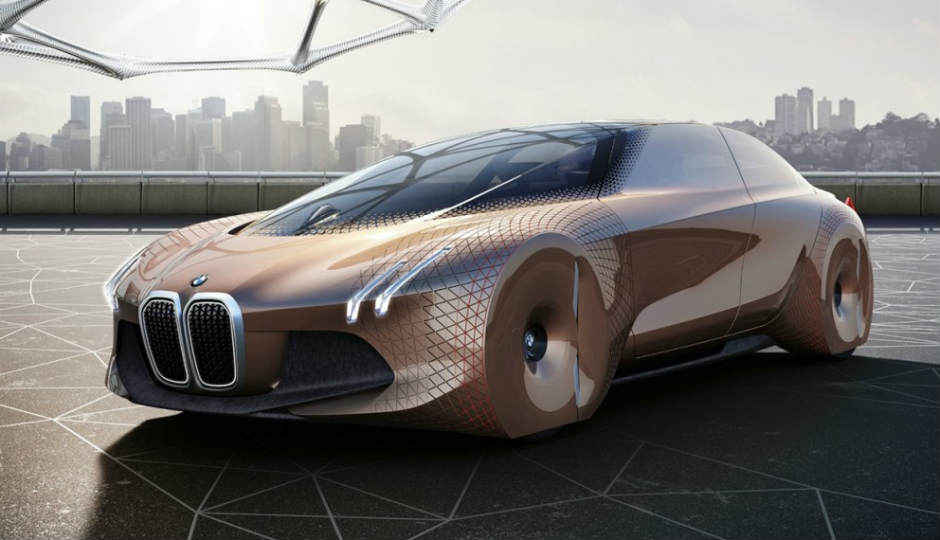Germany approves road tests for autonomous cars, but drivers are mandatory

With this, Germany becomes the latest nation to approve testing of autonomous vehicles on its roads. However, unlike many others, the country is quite strict about safety norms.
Germany is the latest nation to pass a law approving autonomous driving tests on its soil. The nation has followed on the precedent set by USA and South Korea, where companies are now free to host autonomous car driving tests on road. While this is great news for a number of German car makers and their self-driving endeavours, the country has imposed a number of safety restrictions for such tests to be undertaken.
The safety restrictions imposed by Germany state that a human driver must be present at all times behind the wheels of a self-driving car, should need arise to take control from the AI algorithms. Alongside, a black box must be present in every such car and record every detail of journeys taken, including driver information, when the car switches between human and machine control, and more. This data will be used to impose regulatory norms on road safety, based on the self-driving vehicles. The driver will be held responsible for an accident that would occur on his/her watch, and in case of accidents occurring when the car is maneuvering itself, the company in question will be held responsible.
These safety norms are much stricter than a number of US cities, which permit companies to ply vehicles without a human driver. South Korea, meanwhile, is building a small city to present companies with a simulated track on which self-driving tests can be held. The idea of modeling an experimental city for road tests not only make such tests safer, but also give companies with a realistic ground for testing. Germany, meanwhile, is home to some of the world's largest car makers including BMW, Volkswagen and Mercedes-Benz, each of which will presumably benefit from not having to shift its self-driving assemblies to a different country.
With these tests, companies are vying to present advanced levels of autonomy in cars, that is expected to go hand-in-hand with implementing clean energy sources to power these vehicles. The year 2020 is expected to be a crucial deadline, when companies across the world present production models of fully electric cars that can steer themselves.




